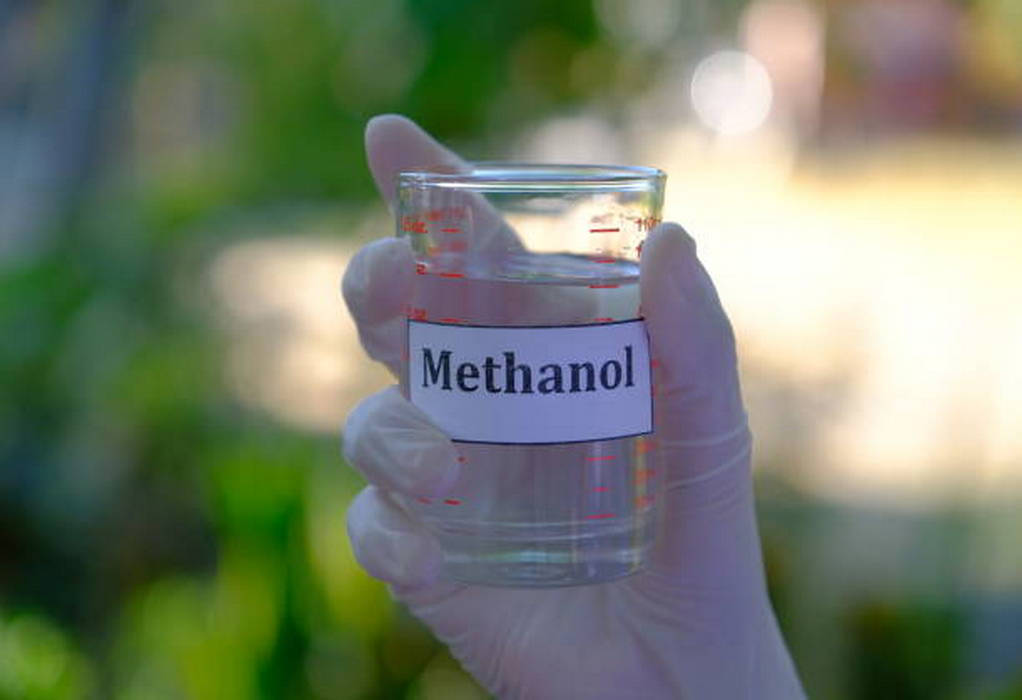Sumitomo Chemical, based in Tokyo, Japan, has successfully finalized the construction of a pilot facility designed to establish a highly efficient process for producing methanol from carbon dioxide (CO2). The facility, situated at the Ehime Works in Niihama City, Ehime Prefecture, Japan, has now initiated its operational phase. Sumitomo Chemical’s strategic objectives involve completing the demonstration of this groundbreaking technology by the year 2028. Subsequently, the company plans to commence commercial production using the innovative process and aims to license the technology to other enterprises in the 2030s.
Earlier in the year, Sumitomo Chemical disclosed plans for the construction of a pilot plant intended to showcase a novel technology capable of converting ethanol into propylene. As part of its commitment to advancing carbon capture and utilization (CCU) technology, the company recognizes the transformative potential of such initiatives in addressing global warming concerns and fostering a circular carbon economy. CCU involves recovering CO2 and incorporating it into various products. Sumitomo Chemical is actively driving the development and proliferation of diverse CCU processes, with a specific focus on a technology utilizing CO2 to generate methanol—an essential raw material for a broad spectrum of products ranging from plastics to adhesives, chemical agents, and paints. This technology is frequently cited as a pivotal example of CCU.
Traditional methods of converting CO2 to methanol have encountered impediments, such as low yield attributed to the reversible nature of the reaction and catalyst degradation resulting from byproduct water. Sumitomo Chemical has successfully addressed these challenges through collaborative efforts with Professor Koji Omata of Shimane University Interdisciplinary Faculty of Science and Engineering. The breakthrough involves the implementation of the internal condensation reactor (ICR), a technology developed by Professor Omata. The ICR facilitates the condensation and separation of methanol and water within the reactor, a feat not achievable with conventional technologies. This innovation not only enhances yield but also allows for the reduction of equipment size, improved energy efficiency, and the prevention of catalyst degradation.
In parallel with the CO2-to-methanol project, Sumitomo Chemical is actively pursuing six development themes designated as GI Fund projects. These include four projects related to chemical recycling technology, a project focused on the development of a CO2 separation and capturing system utilizing CO2 separation membranes, and a project dedicated to the advancement of a battery cathode materials recycling process. As part of the broader commitment to sustainability, Sumitomo Chemical is steadfastly working toward achieving carbon neutrality by the year 2050. The company aims to contribute to the realization of a sustainable society by driving research and development, conducting demonstrations, and implementing innovative manufacturing processes across various sectors.
Tags: CO2, Methanol, Plant, sumitomo Chemical



Recent Posts
Hyundai Glovis to Retrofit Seven PCTCs with Avikus AI Navigation System
Super Terminais orders three more Konecranes Gottwald ESP.10 Mobile Harbor cranes
Covestro and HGK Shipping Extend Partnership to 2040 with Focus on Wind-Assisted Vessel Retrofit
Artemis Technologies Successfully Demonstrates 100 Percent Electric Crew Transfer Vessel at Aberdeen Offshore Wind Farm
IACS Council Advances Decarbonisation, Digitalisation and Governance Priorities at C91 Meeting in Beijing
Japan Launches Major R&D Project to Advance Shipbuilding with Alternative Fuels
EU Adopts Emissions Standards for Low Carbon Hydrogen to Bolster Clean Energy Market
Trafigura to Implement ZeroNorth’s AI Platform Across Global Fleet